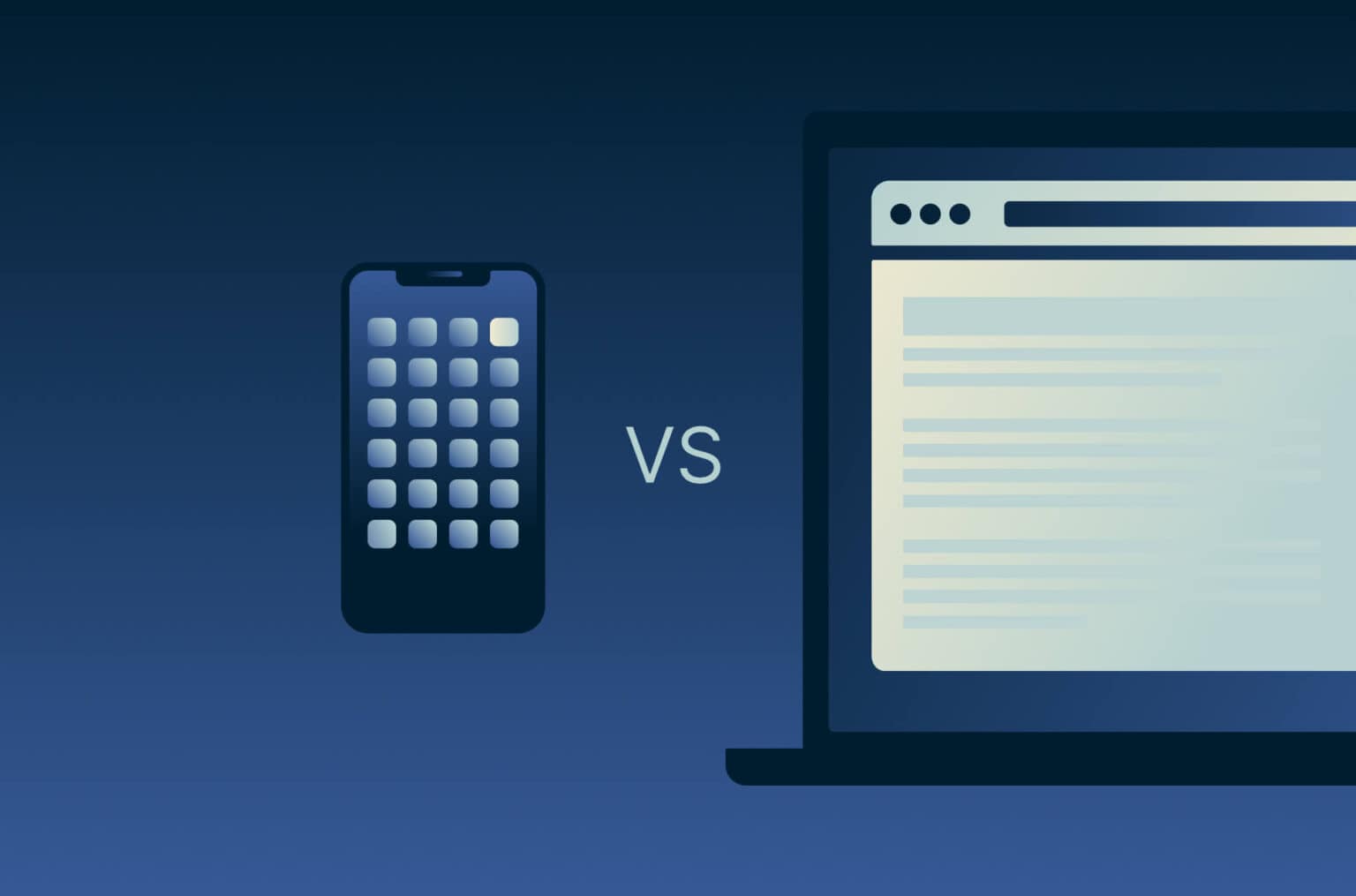In today’s digital landscape, businesses face the crucial decision of whether to invest in a mobile app or a website, or perhaps both simultaneously. With the increasing popularity of smartphones and the growing demand for seamless user experiences, this decision holds significant weight. To make an informed choice, it’s essential to understand the strengths and considerations associated with each platform. In this article, we will explore the benefits and considerations of both apps and websites to help you determine which one to invest in first.
The Power of Mobile Apps: Mobile apps have revolutionized the way businesses engage with their customers. Here are a few compelling reasons why investing in a mobile app could be advantageous:
- Enhanced User Experience: Apps provide a tailored and immersive experience, leveraging the native capabilities of smartphones such as push notifications, location-based services, and offline access. This level of personalization can significantly enhance user engagement and satisfaction.
- Utilizing Device Features: Mobile apps have the advantage of leveraging device features like cameras, accelerometers, and GPS, allowing for innovative functionalities and seamless integration with the user’s mobile ecosystem.
- Brand Loyalty and Customer Retention: Mobile apps enable businesses to establish direct and continuous communication with users through personalized interactions, loyalty programs, and exclusive content. This can foster stronger brand loyalty and increase customer retention rates.
The Reach and Versatility of Websites: While mobile apps offer unique advantages, websites continue to be a vital digital asset for businesses. Consider the following factors that highlight the importance of investing in a website:
- Wider Reach and Accessibility: Websites are accessible across multiple devices and operating systems, making them available to a broader audience. They are not constrained by app store restrictions and can be easily discovered through search engines, increasing the potential for reaching new customers.
- Cost-Effectiveness: Compared to app development, creating and maintaining a website is generally more cost-effective. Websites offer flexibility in terms of scalability and updates, allowing businesses to adapt quickly to changing market dynamics without substantial financial investment.
- SEO and Online Presence: Websites play a crucial role in search engine optimization (SEO) efforts. By implementing SEO strategies, businesses can improve their online visibility, organic traffic, and search engine rankings. Websites also serve as a central hub for sharing content and driving traffic from various digital marketing channels.
Making the Right Choice: While both apps and websites have their unique advantages, the choice ultimately depends on your business objectives, target audience, and available resources. Consider the following factors when deciding which one to invest in first:
- Identify Your Goals: Determine the primary purpose of your digital presence. Are you primarily focused on enhancing user experience, driving engagement, or expanding your reach? Align your goals with the strengths of either apps or websites.
- Analyze Your Target Audience: Understanding your target audience’s preferences and behaviors is crucial. Research their mobile usage patterns, preferences for app usage, and browsing habits to ensure you’re investing in the platform they are most likely to engage with.
- Evaluate Resource Availability: Consider the budget, time, and expertise required for app development versus website development. Assess your internal capabilities or consider partnering with a reliable development agency to ensure successful execution.
Conclusion: Choosing between investing in a mobile app or a website is a decision that requires careful consideration. While mobile apps provide enhanced user experiences and unique capabilities, websites offer wider reach and versatility. It’s essential to align your investment with your business goals, target audience, and available resources. In many cases, a well-designed website serves as a solid foundation for your online presence, while a mobile app can be developed as an extension to further enhance user engagement and loyalty. Ultimately, striking a balance between both platforms can provide a comprehensive and seamless digital experience for your customers.





